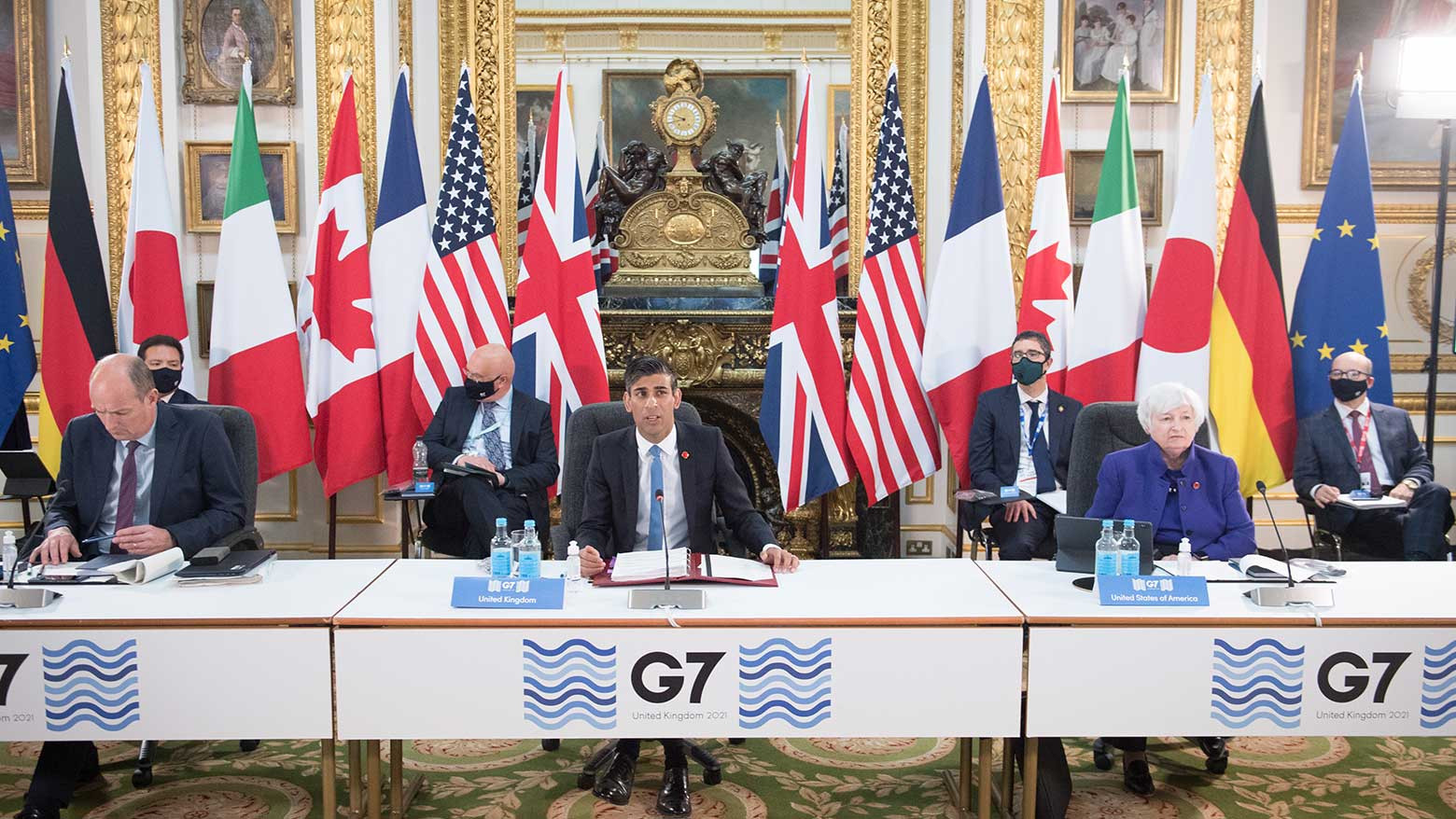“We need a tax system that is fair across the world,” states a communique from the G7 summit held in Cornwall, UK, last weekend. The statement goes on to outline a plan to involve G20 nations and the Organization for Economic Co-operation and Development on an agreement that will “create a stronger level playing field.” It adds that this system will “help raise more tax revenue to support investment and it will crack down on tax avoidance.”
The new approach has two pillars. The first is adopting a global minimum corporate tax rate of at least 15 percent. The aim is to stop countries from “racing to the bottom”, a term that describes the practice of undercutting corporate tax rates to attract multinational companies.
The US is adamant that it’s time for change. The Biden administration aims to hike corporate tax rates in an effort to raise funds for an economic stimulus plan. Other nations have also outlined a need for more revenue to deal with the economic fallout of the coronavirus pandemic.
If the G7 deal is adopted, subsidiaries of multinational companies will be forced to pay tax of at least 15 percent, even if they are based in so-called tax haven countries. In turn, this would pressure these nations to raise their rates as well.
All members of the G7 have higher corporate tax rates than the proposed minimum, with Japan and Germany among the highest at 29 percent, and the UK the lowest with 19 percent. Countries such as Ireland and Hungary have been using lower rates to attract multinational corporate giants.
The second pillar of the G7 approach is to force global corporations to pay more tax wherever they generate revenue. Tech giants such as Apple, Amazon, and Google have long been criticized for exploiting loopholes to avoid taxes. The current international system allows firms that don’t have a physical presence in a country, such as a branch or a production site, to not pay tax in that jurisdiction. But many of these firms make huge profits around the world through online shopping and services.
The G7 wants corporate giants that make more than 10 percent profit from such sales to pay taxes wherever they make money. That change would result in a global redistribution of where taxes are paid.
The G7 communique outlined hopes to reach a broad international agreement at next month’s G20 finance ministers’ meeting.
According to Naoki Oka, a researcher at the Tokyo Foundation for Policy Research, Japanese corporations are set to benefit from the proposed new rules because they would ensure a level playing field for all multinationals.

